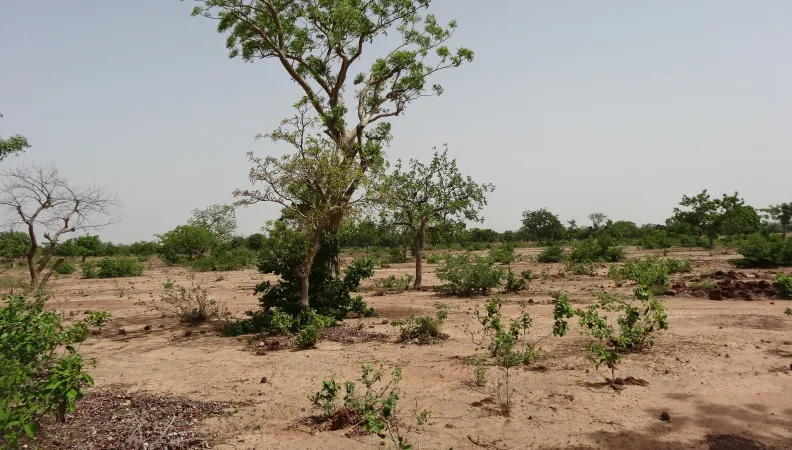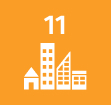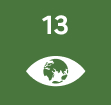Share the page
Restoring forests and landscapes and sustainably managing land in the Sahel (RFP-GDT)
Project


-
Project start date
-
Status
Completed
-
Estimated date of project termination
-
-
Project financing date
-
-
Financing duration
-
4 years
-
Type of program
-
FFEM
-
Global financing amount
-
€ 6 500 000
-
FFEM financing amount
-
€ 1 800 000
-
Project lead member institution(s)
-
AFD, Ministry for Europe and Foreign Affairs
-
Country and region
-
Burkina Faso
-
Location
-
Burkina Faso
-
Type of financing
-
Beneficiaries
-
The Food and Agriculture Organization of the United Nations
-
Type of beneficiary
-
International organisation


The populations of Burkina Faso and Niger rely on land subjected to intense biophysical and human pressure due to ecological, economic and social reasons. By supporting a project combating the degradation of these lands, the FFEM is promoting decentralised financing and participatory community planning.
Context
According to a mapping analysis conducted by the World Resources Institute in 2014, the majority of land in the Sahel is degraded. This is a result of intense pressure on natural resources: low rainfall, high temperatures, severe aridity, poor soil quality, population growth, and security and governance problems.
The populations of Burkina Faso and Niger rely heavily on these lands for pastoralism, subsistence farming, food supply, pharmacopoeia and energy. The FFEM is looking to help these people by supporting a project for forest and landscape restoration (FLR). The objective is to create healthy and fertile areas where local communities, ecosystems and other stakeholders can coexist as part of a sustainable land management (SLM) approach.
Description
The project has three components:
- Enhancing skills in communities for planning, implementing, monitoring and evaluating FLR/SLM actions and income-generating activity (IGA), as well as skills at national level to support and advise six pilot communities – three in Burkina Faso and three in Niger – implementing specific FLR/SLM and IGA actions in each country.
- Generating and sharing knowledge on FLR/SLM at subregional and international levels.
- Implementing, monitoring and evaluating project activities.
Impacts
- Enhancing FLR/SLM skills among local stakeholders, by deploying nine operational agents in Niger and Burkina Faso, devolved from the ministries responsible for rural development and land services, who will produce biannual reports
- Improving natural resources by restoring 1,500 hectares and recovering 9,000 hectares of land, developing 1,000 hectares of forest, reforesting 2,000 hectares in Niger and planting 1.25 million seedlings in Burkina Faso
- Better identifying the carbon and biodiversity costs/benefits of RFP/SLM in the Sahel, with two theses on two sites, three publications and two international communications
Innovative and exemplary features
The FFEM is innovating with this project, by placing rural communities at the heart of action for sustainable land management; an approach in keeping with the move towards decentralisation seen in Burkina Faso and Niger. By enhancing the communities’ skills to implement and manage the project (planning, execution, monitoring and evaluating actions), handing over management of the trust fund to them and empowering them to recruit technicians, the suitability of the project’s approach to achieving reproducibility can be determined.
Furthermore, tests are currently being carried out on a digital tool (Collect Earth-Open Foris) which uses free satellite imagery to assess reference data and monitor land uses and vegetation cover, with a view to providing communities with the most accurate information possible.
The project evaluation summary
Sustainable Development Goals
ODD11 Sustainable cities and communities

ODD13 Climate action



